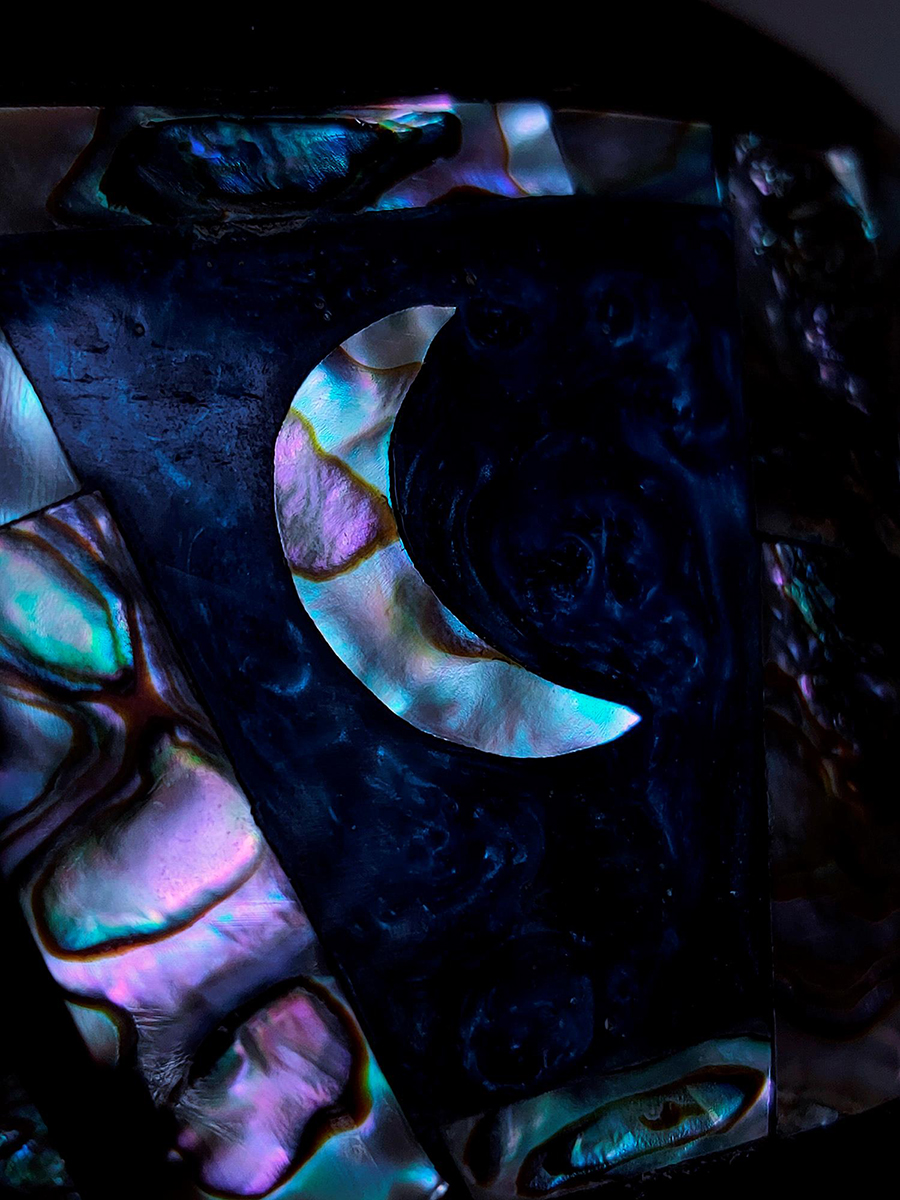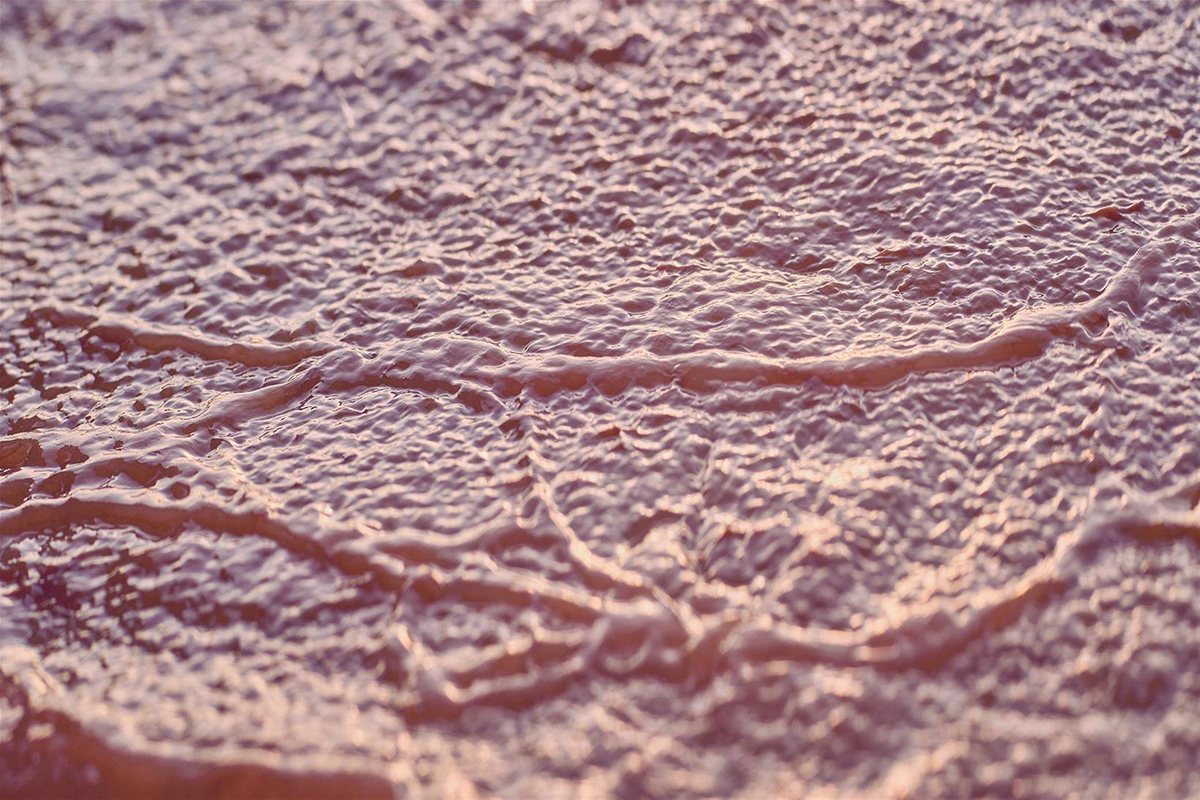
The artist’s latest works at Bank, Shanghai, presented a vision of the universe as a single conscious subject
As its title suggests, Chen Zhe’s exhibition puts seemingly opposite concepts together to create ambiguity, duality and a ‘both and neither’ status. Over the years, Chen has gradually shifted her practice from a focus on personal emotions to an examination of broader metaphysical contexts. Previous works such as The Bearable (2007–10) and Bees (2010–12) examined the contradictory relationship between self-relief and self-harm, while Towards Evening: Six Chapters (2012–) sees her investigating languages and higher beings. Here, Chen addresses a hidden and fundamental connection between all beings and a vision of the universe as a single conscious subject – cosmopsychism. On the one hand you might view this transition as optimistic; on the other hand, it might represent a somewhat existentialist confusion about the unknown future. It may even be both. Above all, the move towards the occult, and cosmopsychism specifically, seems to seek relief in the idea that ‘we’ are not alone, that all is connected, and perhaps endowed with purpose.
At the entrance to the exhibition, photographs of skinlike surfaces and installations of skulls and stones orchestrate a brutal and primal ambience, as if recalling a remote memory of some prehistoric shelter. The intense theatricality and dim lighting serve to hush the viewer into silence: a prelude to Chen’s theatre of occult.
In the medium in which her practice originated, photography, Chen uses closeups, cropping her compositions in unconventional ways in order to create a feeling of ambiguity. In Eternal Ephemera: Divination 3 (2020), an image of amber marbles on a grainy, uneven, cracked stone floor might equally be an aerial photo of an unknown village. Staring at the image is like taking part in a divination session: you get the feeling that the marbles (or village huts) have been waiting for you. And then, given the fact that the marbles seem to have fallen into the cracks and channels offered up by the floor, you start to wonder if the whole thing might be entirely random.

The authenticity of this apparent randomness plays an important role throughout the project. In the photograph Eternal Ephemera: Body-Mind 2 (2020), a closeup of a resin skull illuminated from within, the enlightened body-mind organ – the brain – is viewed through the lines formed by the sutures in the skull, thus associating psyche, or identity, with a randomly generated pattern. Skulls appear again in the installation Reading Old Dreams: Among You (2020), placed atop stone artefacts and assembled totems, a juxtaposition of agricultural tools and the enlightened power that invented them. In a statement that accompanies the exhibition, Chen suggests that there are two maps that grow with us through life: one is the celestial chart drawn up at the moment we are born, ‘determining’ one’s personality and fate; the other is the unique pattern of one’s skull, which can be used to identify a person via autopsy. Thus, the two maps connect one’s birth and death. They are the unrefined ‘cracks’ in the fabric of the cosmos, maps with the power of prophecy or divination, for people to interpret with refined theories and practices.
By analysing and collecting examples of such ‘cracks’, Chen tries to picture a greater map of the cosmos (invoking too the occult, religions and dreams), which she suggests is a David Lynchean approach. A quotation from the American director’s TV series Twin Peaks (1990–91; 2017) is placed on the staircase that leads down into the gallery: ‘I believe that these mysteries are not separate entities, but are, in fact, complementary verses of the same song. Now I cannot hear it yet. But I can feel it. And that is enough for me to proceed.’
Chen Zhe: A Slow Remembering of a Long Forgetting was on view at Bank, Shanghai 13 November – 13 January